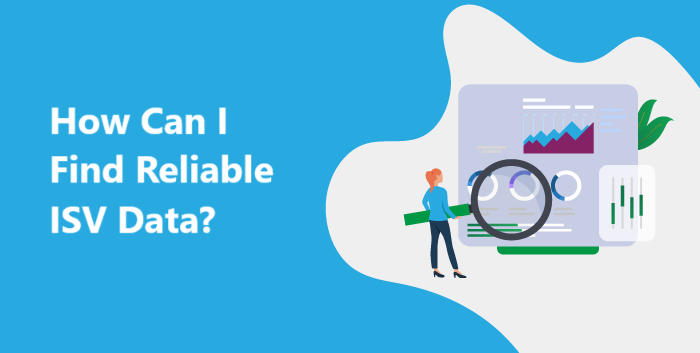Marketing is one of the most important aspects of running a successful business, but it can also be one of the most expensive. If you’re not careful, you can easily blow your entire marketing budget on one campaign and be left with nothing to show for it.
That’s why it’s so important to maximize your marketing budget so that you can do more with the budget that you have. Here are a few tips to help you do just that:
Set a realistic budget.
The first step to maximizing your marketing budget is to set a realistic budget for your campaigns. If you try to skimp on your marketing budget, you’ll likely end up with inferior results. On the other hand, if you set your budget too high, you’ll end up wasting money.
The best way to determine an appropriate marketing budget is to consider how much you can afford to spend without sacrificing other areas of your business. Once you’ve set a budget, stick to it! If it’s not possible, be sure to assess where you overspent so you can adjust accordingly for the next campaign.
Identify your priority campaigns.
Once you have a budget in mind, you need to prioritize your marketing campaigns. Not all marketing campaigns are created equal, so it’s important to focus your budget on the campaigns that are most likely to produce results.
For example, if you’re selling a new product, you’ll want to focus your budget on awareness-building activities like paid advertising, pay-per-click (PPC), and PR. If you’re trying to increase brand awareness for an existing product, you’ll want to focus on activities like social selling, content marketing, and SEO content building.
Be as specific as possible when allocating your budget.
Many businesses today recognize the importance of using several types of marketing strategies to reach their target audience. Thus, it does not make sense to simply allocate a lump sum as your marketing budget. You must be as specific as possible when allocating your budget for each campaign.
For instance, if you choose to use social media marketing, paid advertisements, and email marketing, you should specify how much of your budget will go toward each activity. This will allow you to track the results of your campaigns and make necessary adjustments along the way. By being specific with your budgeting, you can more easily see which marketing activities are yielding the best results.
Maximize the technology available today.
The good news is that there are plenty of marketing tools available today that can help you do more with less. Various software programs can automate many of the tasks associated with all types of marketing strategies.
Additionally, you can also use ERP solutions for sales and marketing. ERP or CRM solutions can help you manage your resources more effectively. They can help you keep track of your leads, customers, sales pipeline, and marketing campaigns in one central location.
There are also many affordable or even free marketing resources available online. Make sure to take advantage of these resources to stretch your marketing budget even further.
Use data to make informed decisions.
In today’s data-driven world, there’s no excuse for making uninformed marketing decisions. Before you allocate your budget, make sure to do your research and collect data that will help you make informed decisions about where to spend your money.
A good way to utilize data is by collecting surveys and customer feedback forms to gather information about what type of marketing is most effective with your target audience. It is of note that part of using data is knowing your audience. The better you understand your target market, the more effective your marketing campaigns will be.
When you know who you’re marketing to, you can focus your budget on the channels and strategies that are most likely to reach them. And so by using data to inform your decisions, you can ensure that you’re getting the most bang for your marketing buck.
Make sure you’re tracking your results.
If you’re not tracking the results of your marketing campaigns, you’re not doing enough to maximize your budget! You need to track both your leads and conversions so that you can see which activities are driving the most results.
There are several different ways to track your results, but one of the simplest is to use Google Analytics. Google Analytics allows you to track your website traffic and see where it’s coming from. This information can be invaluable in determining which marketing activities are yielding the best results.
Final Word
When it comes to allocating your marketing budget, there is no one-size-fits-all solution. The most important thing is to be strategic in your approach and use data to inform your decisions. By following these tips, you can ensure that you’re getting the most out of your marketing budget and achieving your desired results.









